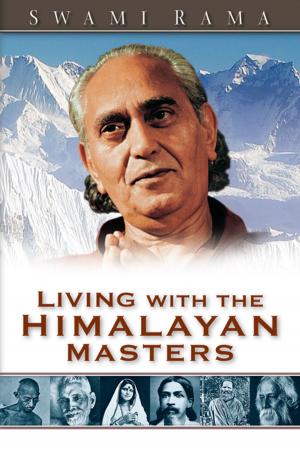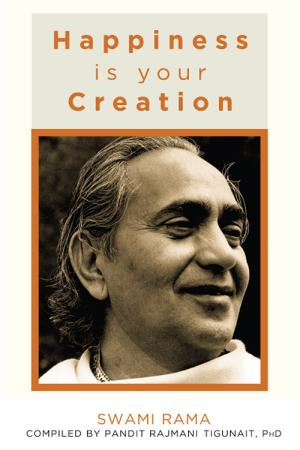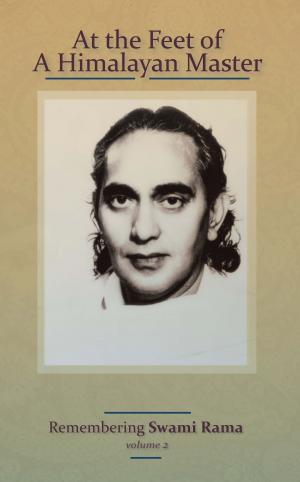| Author: | Pandit Rajmani Tigunait | ISBN: | 9780893894177 |
| Publisher: | Himalayan Institute | Publication: | March 1, 2018 |
| Imprint: | Himalayan Institute | Language: | English |
| Author: | Pandit Rajmani Tigunait |
| ISBN: | 9780893894177 |
| Publisher: | Himalayan Institute |
| Publication: | March 1, 2018 |
| Imprint: | Himalayan Institute |
| Language: | English |
War is the most ancient and primitive way of dealing with conflict. According to yoga, stopping the cycle of war requires delving into the subtle causes underlying material desires and religious differences. These are selfishness, ego, greed, ethnocentrism, and sense of inferiority. Because of these attributes, we fail to do what we know is right, and persist in doing what we know is wrong. In the scriptures, this phenomenon is called killing the conscience.
The great scriptures of yoga—The Bhagavad Gita, The Yoga Sutra, and The Upanishads—clearly describe how the subtle causes of external war emanate from the internal world. The real cause of war lies rooted in the individual's unwillingness to listen to the voice of the heart, the inner conscience.
Drawing on the philosophy of yoga and other spiritual systems, Why We Fight: Practices for Lasting Peace offers practical tools for self-transformation. Through contemplation and spiritual practice, we can replace greed, desire, jealousy, and anger with compassion, tolerance, and love for ourselves and others. By cultivating these qualities in our daily lives, we have the power to make a positive impact on the world.
War is the most ancient and primitive way of dealing with conflict. According to yoga, stopping the cycle of war requires delving into the subtle causes underlying material desires and religious differences. These are selfishness, ego, greed, ethnocentrism, and sense of inferiority. Because of these attributes, we fail to do what we know is right, and persist in doing what we know is wrong. In the scriptures, this phenomenon is called killing the conscience.
The great scriptures of yoga—The Bhagavad Gita, The Yoga Sutra, and The Upanishads—clearly describe how the subtle causes of external war emanate from the internal world. The real cause of war lies rooted in the individual's unwillingness to listen to the voice of the heart, the inner conscience.
Drawing on the philosophy of yoga and other spiritual systems, Why We Fight: Practices for Lasting Peace offers practical tools for self-transformation. Through contemplation and spiritual practice, we can replace greed, desire, jealousy, and anger with compassion, tolerance, and love for ourselves and others. By cultivating these qualities in our daily lives, we have the power to make a positive impact on the world.















